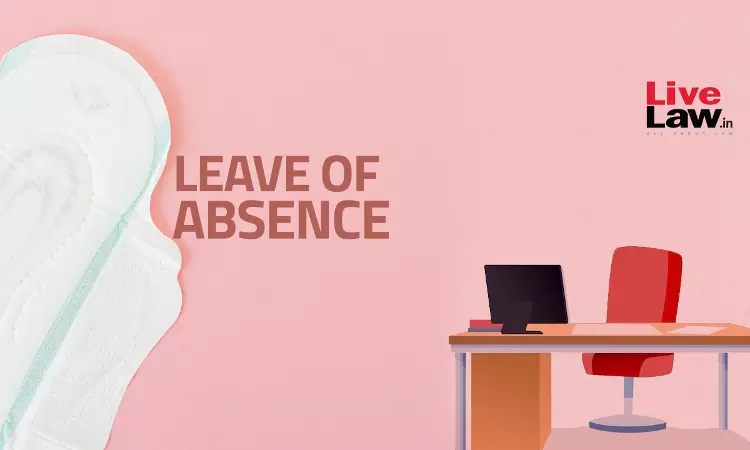Supreme Court Apprehensive About Employers Shunning Women If Menstrual Leave Is Mandated, Asks Centre To Examine
Anmol Kaur Bawa
8 July 2024 6:46 PM IST

Next Story
8 July 2024 6:46 PM IST
The Supreme Court on Monday (July 8) asked the Union to consult all stakeholders on the question of having a menstrual leave policy for working women. The Court also expressed apprehension that such a policy may not be welcomed by the employers and create troubles for women seeking jobs. The bench led by CJI DY Chandrachud comprising Justice JB Pardiwala and Manoj Misra was hearing a...
